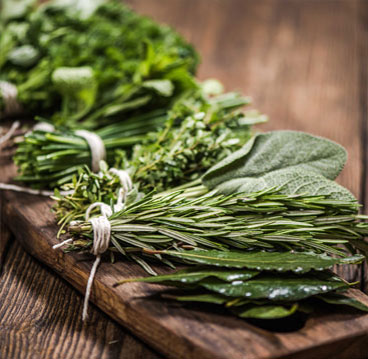Herbalism refers to the use of plants for healing and therapy to prevent and treat diseases and promote good health. Nowadays, herbalism schools have been developed in various countries to promote herbal education and train potential herbalists. Teach them how to use plants as remedies. Herbalism is a known practice in many cultures around the world.
Herbal education is the practice of teaching people how to identify plants for their health benefits and how to turn natural plants into herbs for therapeutic use and healing properties. Many health professionals practice herbal therapy, ranging from chiropractors to herbalists or naturopathic doctors. Herbalism can also be defined as the science and art of using herbs to promote health. It includes concepts of phytopharmacology, herbology, phytomedicine, herbal medicine, and others. Traditional medicine has been in existence for over 5000 years and is mainly about plant-human connection.

An herbalist simply refers to a person who dedicates most of their life to learning about plants and their medicinal value. They may become clinical herbalists, writers, botanists, holistic medical doctors, herb growers, midwives, and much more through their knowledge of plants and herbs.
Becoming An Herbalist
Sometimes people develop an interest in herbalism through self-study and applying tradition. However, there are people who hail from a lineage of herbalists and therefore inherit the skill and pass it on to their offspring. Some herbalists have a whole life of experience while some go to the appropriate schools to be educated. To become a certified herbalist, there are some herbal education choices that you should consider. Various herbalism schools offer the best herbal education programs, which are more formal and recognized in science.
In your journey to becoming an herbalist, you should first determine if you’d prefer to learn the art through apprenticeship, self-study, or coursework in an accredited degree program. Once you’ve decided, you may also consider which method or tradition you would like to learn about. Various cultures have significant methods of using herbs. It would help if you determined what method interests you the most. Some online herbal education websites and courses exist apart from physical natural herbal educational services.
Benefits of Herbal medication
- Self-healing is a significant benefit of herbal medication. Most prescribed drugs are designed to hide or slightly reduce symptoms for the patient’s comfort. However, herbal medication helps patients pay attention to the wants of their bodies to properly target the source of discomfort or pain, in other to nip it in the bud. Most herbalists work hand in hand with other medical professionals to ensure that the patient all possible risks are accessed, and the patient fully recovers from any illness.
- The use of herbalism and natural herbs in medicine promotes the act of controlling personal health. Most healers or herbalists will educate their patients on the needs of their bodies and easy ways to stay healthy. This boosts empowerment, and if they keep healthy, they may not even have health issues.
- Herbal medication costs less to produce than prescribed drugs. Thanks to its low production cost, its retail price is affordable and easy to obtain. It’s a medication for the rich and the poor.




